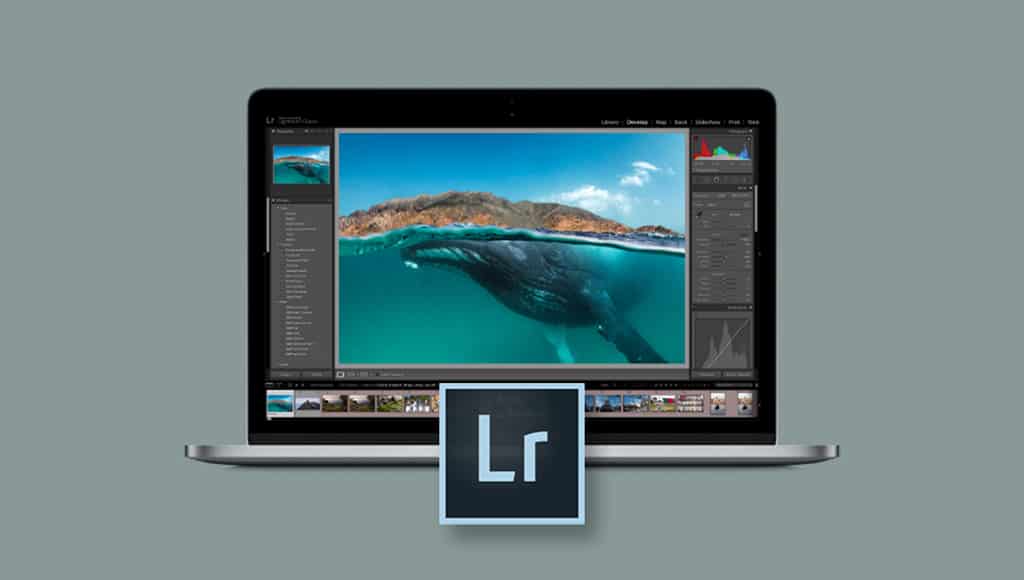

I can't get chicken of any sort for $10 a kilo. "This crumbed, prepared, frozen, no-waste chicken was ten bucks for a kilo. It cost about $3 less per kilo than fresh fillets would have that week. When it's time for dinner, Mike reaches into the freezer and grabs a bag of frozen chicken fingers to prepare in the fryer.

Mike and I would forgo some fruit and stuff so the kids can have it instead," Ms McKay said. They're buying a lot more of what they call "brown foods" - processed and packaged items that often cost less than fresh produce and protein. "I'm kind of used to it, unfortunately." 'Just not possible'Įverywhere the family turns, prices are going up. "I would like to learn eventually, but I'm a bit afraid that we won't be able to afford it," Rose said. With no car, Rose hasn't learned to drive. So the ageing hatchback sits in the driveway, going nowhere. ( ABC News: Norman Hermant)īy now they had hoped to register a second car for 18-year-old Rose, to help her to get to university and a part-time job.īut the $1,100 for registration and insurance is money the family doesn't have. The family has been unable to afford registration and insurance for a car that could help Rose (left) get to uni and work. "The rental increases on top of everything else have been really, really hard," Mr Sadler said. When Mike Sadler lost his job in IT and struggled to get back into the workforce, the family thought there would be better work opportunities in the southern NSW city, and that their money would go further.īut rent has gone up three times in three years and it has eaten away at the family's financial plans. The ABC first visited the family two years ago, five years after they'd moved from Sydney to Wagga Wagga.

Rising prices have been severely battering the McKay-Sadler family's already-stretched household budget. The Reserve Bank last week surprised banks and borrowers by lifting interest rates again, reigniting concern the cash rate will further inflate prices and rents. But it's still at 7 per cent and prices are still growing faster than wages. Last year, inflation hit a 32-year high of 7.8 per cent, largely driven by big price rises for food, fuel and construction.Īfter 10 rate rises, inflation eased slightly in the first quarter of this year. "It's exhausting because you realise this is not a temporary thing." 'I can see us not getting through'


 0 kommentar(er)
0 kommentar(er)
